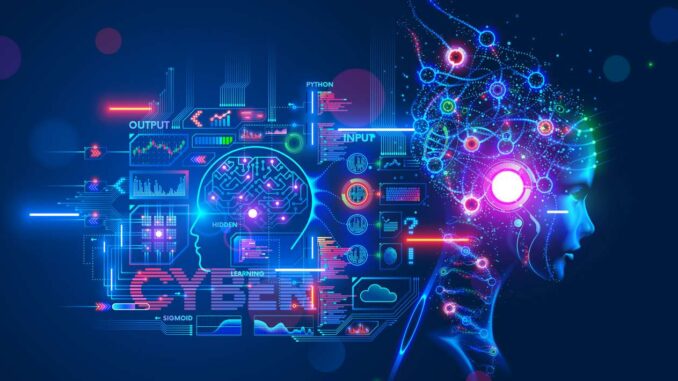
As of October 2023, several artificial intelligence (AI) technologies stand out due to their advancements, applications, and impact across various sectors.
Here are some of the best and most significant AI technologies:









### 1. **Natural Language Processing (NLP)**
– **Key Technologies:** Transformers (e.g., BERT, GPT), recurrent neural networks (RNNs).
– **Applications:** Language translation, sentiment analysis, chatbots, and virtual assistants.
### 2. **Computer Vision**
– **Key Technologies:** Convolutional Neural Networks (CNNs), generative adversarial networks (GANs).
– **Applications:** Image and facial recognition, autonomous vehicles, medical imaging analysis, and video analytics.
### 3. **Machine Learning (ML)**
– **Key Techniques:** Supervised learning, unsupervised learning, reinforcement learning.
– **Applications:** Predictive analytics, recommendation systems, fraud detection, and personalized marketing.
### 4. **Generative AI**
– **Key Technologies:** Variational Autoencoders (VAEs), GANs, models like DALL-E and ChatGPT.
– **Applications:** Content creation (images, text, music), drug discovery, and synthetic data generation.
### 5. **Robotics**
– **Key Technologies:** AI-driven sensors, machine learning for pathfinding and manipulation.
– **Applications:** Manufacturing automation, drone technology, service robots, and medical robots.
### 6. **AI in Healthcare**
– **Key Technologies:** Predictive analytics, NLP, computer vision.
– **Applications:** Diagnostics, personalized medicine, patient data management, and telemedicine.
### 7. **Reinforcement Learning**
– **Key Technologies:** Q-learning, deep reinforcement learning (e.g., AlphaGo).
– **Applications:** Game AI, robotics, finance, and optimizing logistics and supply chains.
### 8. **Edge AI**
– **Key Technologies:** Lightweight AI models, on-device processing.
– **Applications:** IoT devices, real-time analytics in mobile applications, and industrial automation.
### 9. **Explainable AI (XAI)**
– **Key Technologies:** Interpretable models, model-agnostic methods for interpretation.
– **Applications:** Enhancing user trust in AI applications, regulatory compliance, and model auditing.
### 10. **AI for Cybersecurity**
– **Key Technologies:** Anomaly detection, behavior analysis, automated response systems.
– **Applications:** Threat detection, fraud prevention, and security operations centers (SOCs).
### 11. **AI-driven Data Analytics**
– **Key Technologies:** Big data analytics, machine learning algorithms.
– **Applications:** Business intelligence, customer insights, and market analysis.
### 12. **Virtual Agents and Conversational AI**
– **Key Technologies:** NLP, machine learning models for dialogue management.
– **Applications:** Customer support, personal assistants, and interactive voice response systems.
### Conclusion
These AI technologies are being continually refined and integrated into various applications, driving innovation and efficiency across industries. The best technology often depends on specific use cases, organizational needs, and advancements in research within the AI field. Moreover, ethical considerations and regulatory compliance are becoming increasingly important as AI technology evolves.

Leave a Reply